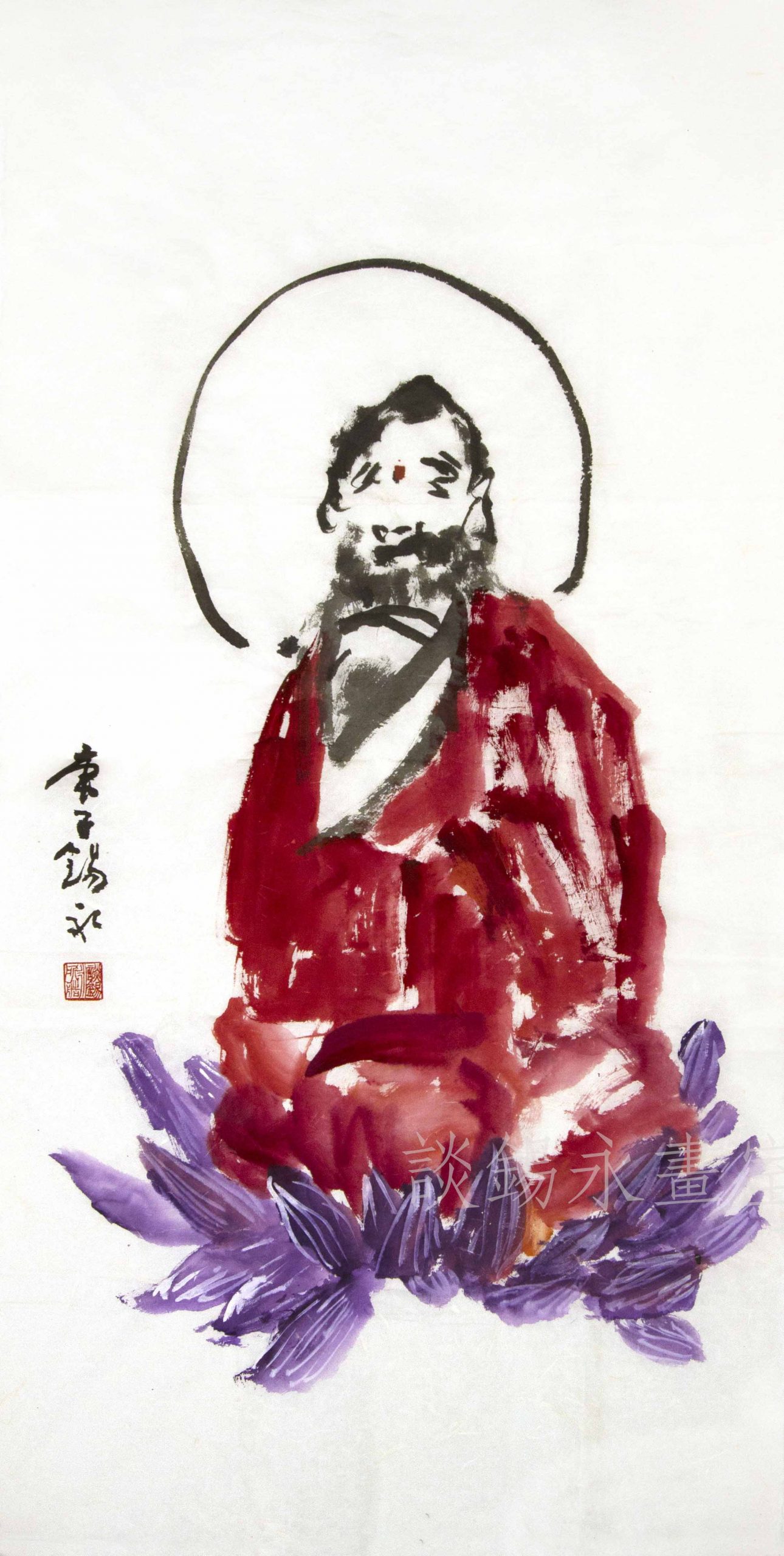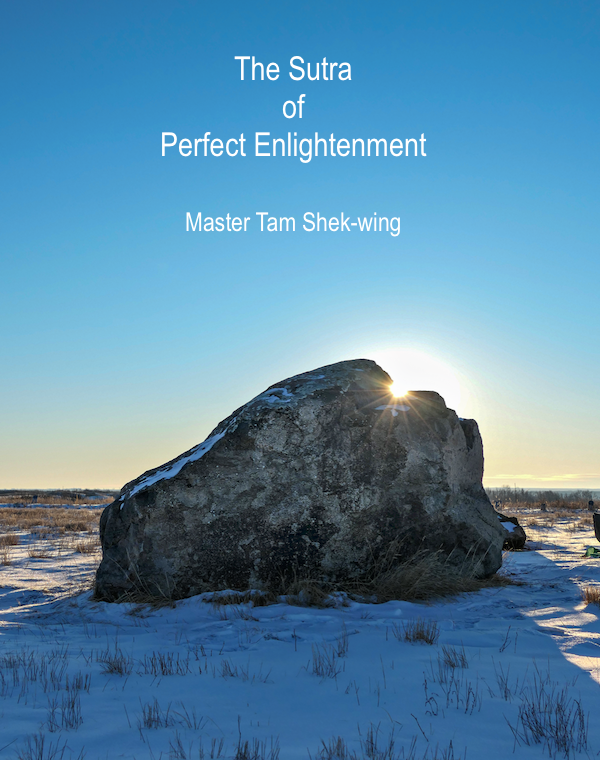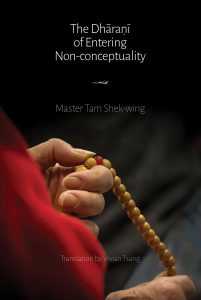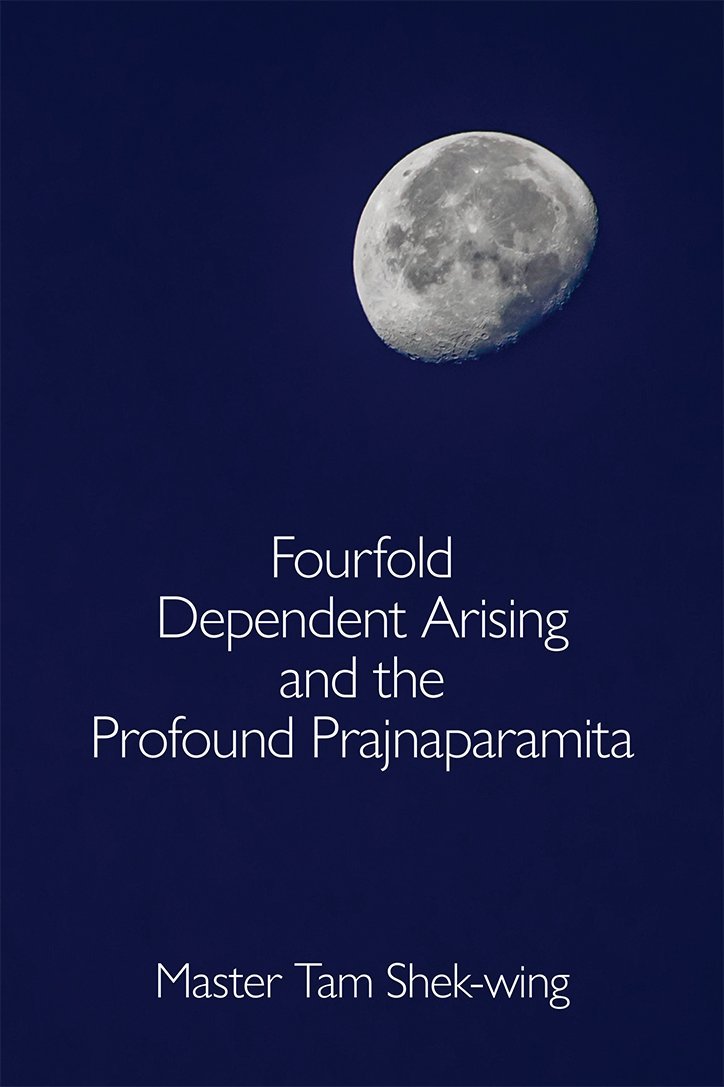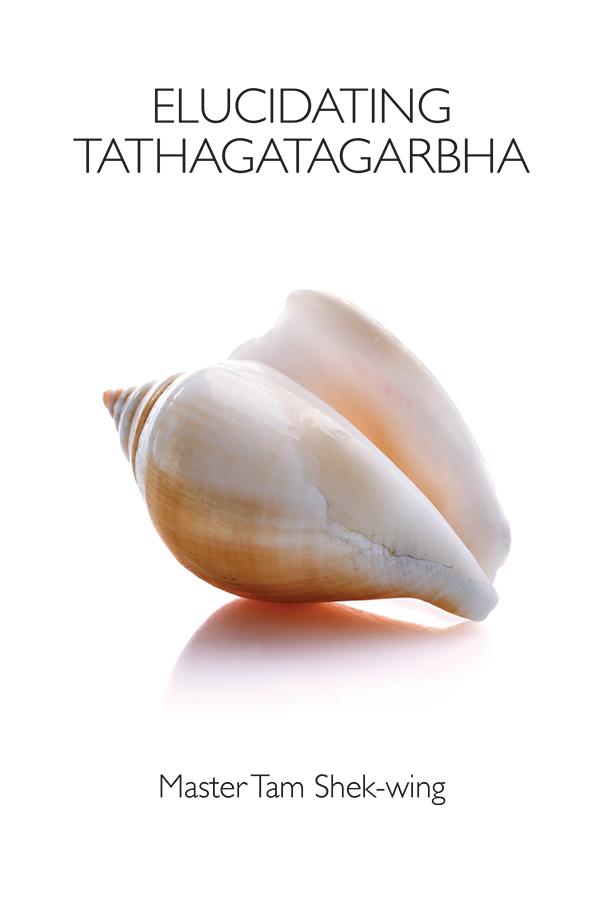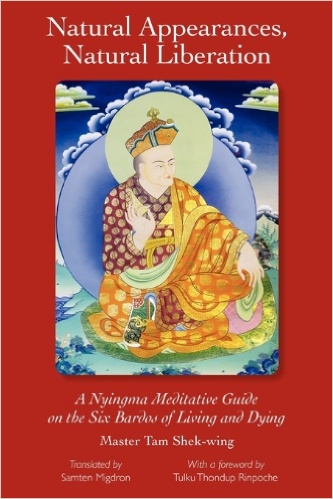Below the Fold (Part 2 of 3)
Knowing people working at Google, a typical discussion topic is how Google handles users from all walks of life from all over the world. Search queries tend to be short and therefore rife with ambiguities. Judging the popularity of a website according to the number and quality of websites that are linked to it, a beauty contest of sorts for websites, can be effective and propelled Google to the top of all search engines. Now that the engine has amassed so much online content that it can choose to serve up pages the way it chooses.
One memorable debate I had with a Google employee was the function of serving pages based on the origin of the search. If one comes from the English speaking part of Canada and look up a French person, say, Louis-Joseph de Montcalm, a French soldier famous for his participation of the Seven Years’ War, English pages from the Canadian government, the CBC and the Canadian Encyclopedia would show up, while for French content or sources originating from French authors, one has to go through a few result pages before surfacing, if at all. If the search comes from, say, Quebec City, French content would appear much more readily at the top of the result page.
What I find is that what is deemed most popular in online searches, or most appropriate due to geographical location, is not what I want. I happen to not mind digging and reading, so I spend time digging. The effort is not always fruitful, in that what is buried deep often veers off track, as supposed to what is preferable — variety of content which is still relevant. On this, I have never managed to win the debate, given that digging is not the typical behaviour. What is typical is known to newspaper and magazine editors all along; the behaviour of not reading below the fold has manifested itself in the use of search engines.
Say I want information on the plumbers in my neighbourhood, I want to find out on the first page. If it is really really necessary, I may consider browsing page 2 and page 3. This is it.
I suppose there is nothing wrong with this behaviour.
It is just that when one does a search, it is because one does not know the answer. Upon encountering a result page, how do you really know you have found the answer? What if what you think is the right answer is not quite it? After all, you didn’t know the answer in the first place. Upon finding something, are you sure you don’t want to consider other possibilities?
Recently there was a TV commercial promoting an online travelling website. The commercial features a man tapping away behind the computer in search the best deal, except tapping away he did and he couldn’t, then all his fingers fell off. Sitting beside me, my husband remarked, “I used to just pick up the phone. It was no hassle.” Considering it, the non-hassle comes from the hassle. The trusty travel agent is trusty because one spends time searching and trying and sometimes failing. Over time, you build up a network of relations, the travel agent and the plumber who you trust. And then there’s also the word of mouth, your neighbours and your friends have their own network of relations. They pass on a contact and you do the same for them.
In the Buddhist practice, there are many meditations, tried-and-true by generations of masters in the past, and most notably, the historical Buddha, Sakyamuni. These practices often involve many steps. Much like a recipe to baking a cake, one is to follow the procedure closely. The immediate goal is to go through the procedure. The overall goal is enlightenment. Somewhat less (or more) abstractly, the midterm goal is to (gradually) be free from attachments and conceptuality. Two questions come up from time to time. One is “I follow the practice diligently. When are you going teach me something else?” Another one is “I feel nothing from the practice. What is the point?”
(To be continued.)


